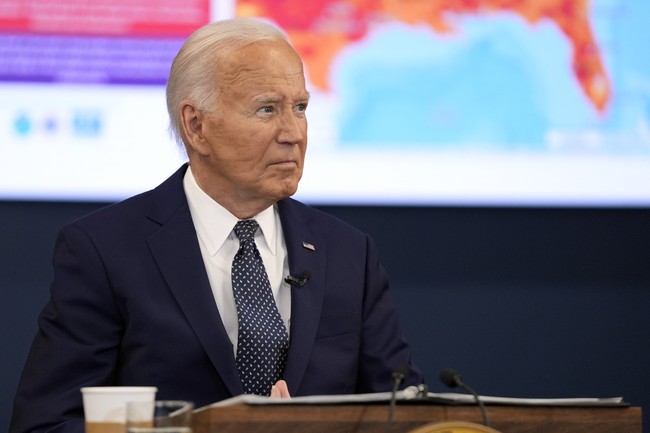Inside the US Government Shutdown Saga
As another shutdown looms, the fierce political battle over federal funding reflects deep partisan divides, especially concerning Trump's debt ceiling demands. Discover the contentious facets of this complex situation.
Published December 21, 2024 - 00:12am
Image recovered from azcentral.com
As the clock ticks down towards a potential government shutdown, the political landscape in the United States has become increasingly charged with tension and differing priorities. The imminent threat of a shutdown highlights the ongoing division within Congress, complicated by external influences and pressing fiscal challenges.
At the epicenter of the drama is President-elect Donald Trump, who emphatically rejected a bipartisan agreement designed to avoid the shutdown. The deal had promised to keep governmental functions operating past the current deadline. Trump's unexpected demand to eliminate the national debt ceiling has added layers of complexity to the negotiations. This proposal, backed by some of his prominent allies, suggests that traditional Republican concerns about federal debt have taken a back seat. The controversial demand has been met with resistance from both parties, given its potential to impact the nation's fiscal stability and cause market unrest.
Trump's stance has certainly not unified the Republican lawmakers; a recent vote saw a considerable number of Republicans breaking ranks to oppose a Trump-supported measure. Only staunch allies within Congress remained aligned with the President-elect's vision. The discord within the Republican Party is evident, as several members suggest allowing the shutdown to proceed until Republicans regain control of both congressional chambers with Trump's upcoming inauguration.
The political rift extends beyond party lines to encompass influential figures like Elon Musk. The tech billionaire has vocally opposed a previous spending proposal, leveraging his substantial social media presence to sway opinion. This intervention underscores the significant yet contentious influence of non-government officials in legislative processes, sparking debates about democratic accountability in policymaking.
The failed proposals also drag Arizona's Republican delegation into the spotlight, illustrating the state's fluctuating political dynamics. While some representatives, such as David Schweikert, have highlighted fiscal responsibility as a priority, others have rallied behind notions of scaled-back government spending and the need to restrict debt increments. Their divergent stances reflect broader national debates about the importance of fiscal prudence versus economic stimulus.
Meanwhile, the opposing Democratic faction emphasizes the negative consequences that a government shutdown entails. It would delay essential services, furlough numerous federal employees, and potentially disrupt vital sectors like air travel and border security. Democrats, led by influential figures such as Hakeem Jeffries, argue that the shutdown is being driven by the whims of Trump's allies rather than genuine legislative dissent, urging a return to the previously bipartisan consensus that had seemed achievable.
House Speaker Mike Johnson finds himself amid this financial and political maelstrom, his leadership prowess under scrutiny as he navigates conflicting interests. Johnson, thrust into his role due to a prior GOP upheaval, faces the challenging task of balancing party unity with effective legislative governance. His efforts to broker a suitable solution remain fraught with obstacles as both Republicans and Democrats grapple with internal and external pressures.
In the immediate term, lawmakers must grapple with the practical implications of a government shutdown. Essential operations must continue without disruption, ensuring that national security, healthcare, and other critical services remain active. However, the broader implications include delayed disaster relief and comprehensive agricultural support, vital for regions recovering from recent natural disasters.
The political landscape is further complicated by the need for consensus—not just within individual parties but across the aisle—in a Congress marked by narrow majorities. Despite the heightened rhetoric and partisan tactics, the necessity of reaching a funding agreement remains pressing. Advocacy on the issue has come from across the political spectrum, including appeals for practical governance that transcends political point-scoring.
As this fiscal drama unfolds, stakeholders from various sectors remain vested in the outcome. While some Republicans suggest a longer-term financial reset, Democrats emphasize solidarity, underscoring a need for governance that meets the realities of contemporary America. Observers await the resolution of this political standoff, one that poses significant implications for the nation's financial health and its political course under a new administration.






